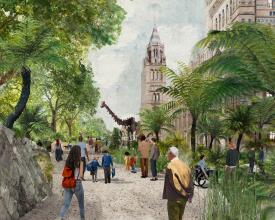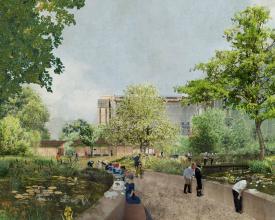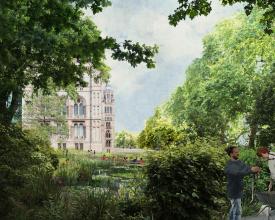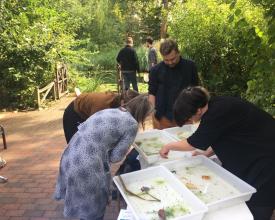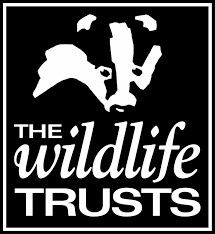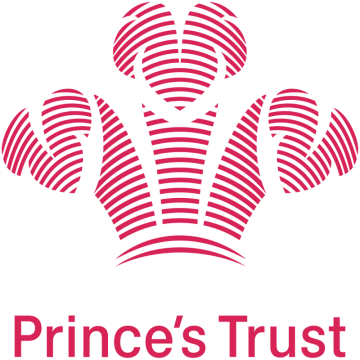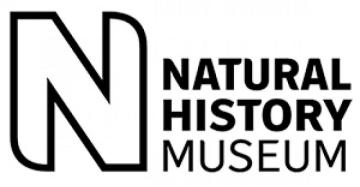
The Urban Nature Project - championing the UK’s urban biodiversity with London’s Natural History Museum
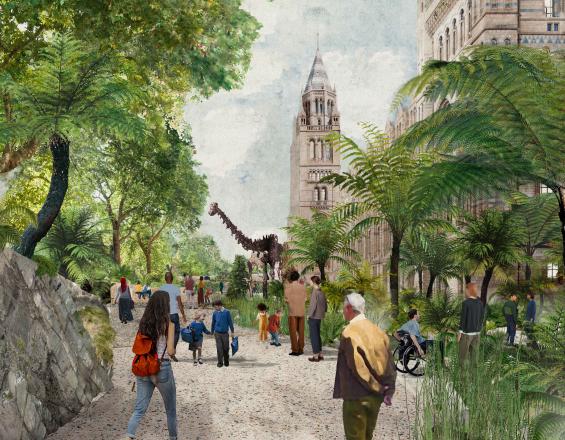
The Natural History Museum is working in partnership across the UK to champion urban biodiversity and provide practical solutions to the growing challenges nature faces as towns and cities expand.
Working with partners across the UK, the Museum will create opportunities for young people, families and schools to appreciate the rich diversity of wildlife on their doorstep including school programmes, citizen science projects, volunteer schemes and online resources.
Through the Museum’s Angela Marmont Centre for UK Biodiversity, scientists will partner with conservation organisations to support evidence-based nature conservation within the UK by creating toolkits around monitoring and managing habitats. New methods of monitoring urban biodiversity are being developed alongside training programmes to build skills in identification, monitoring and recording.
The Natural History Museum's five-acre site in the heart of London will be transformed into an exemplar of urban wildlife research, conservation and awareness
Context
Challenges addressed
Location
Impacts
Through working in partnership with wildlife, community organisations and schools across the UK, the Museum hopes to empower people to create a future where nature and humans thrive. Research shows that adults who experience nature as children are more motivated to protect the environment, but fewer young people than ever are taking the time to experience and appreciate the nature on their doorstep. The project will reach out to communities across the UK to support their first steps in building a connection with nature to improve nature literacy for all.
With a shortfall of skilled STEM (science, technology, engineering and mathematics) workers, the project will aim to strengthen and expand the pipeline of scientists from school age to young adult. Through supporting teachers and developing new schools programmes the project will increase inclusivity in STEM subjects.
The project will bring together organisations across the UK to develop a shared approach to urban nature conservation. New monitoring tools and techniques will be piloted in the Museum and at test sites across the UK and rolled out alongside a new biodiversity monitoring database. The Museum’s new gardens will provide an in-depth case study into urban nature and new training programmes will help more people to build skills to identify, monitor and record the changes in UK urban biodiversity.

